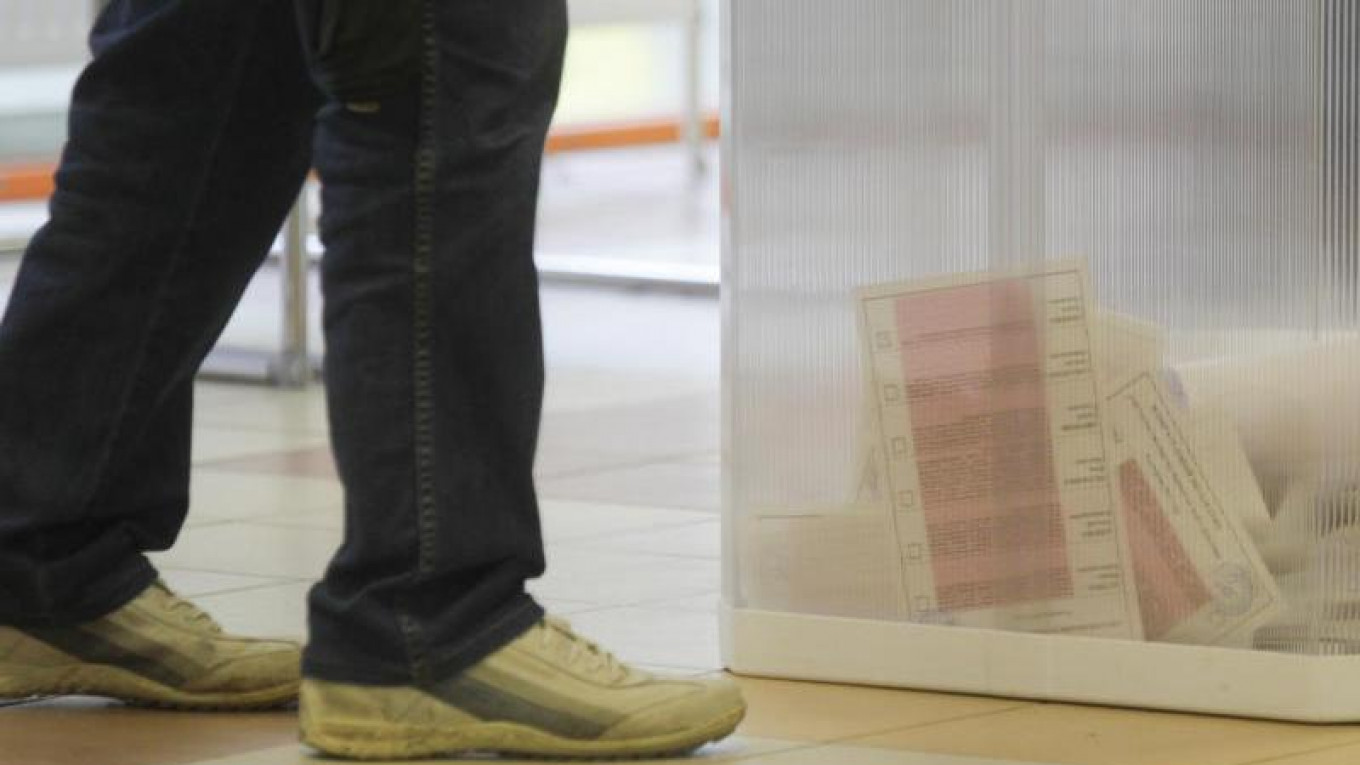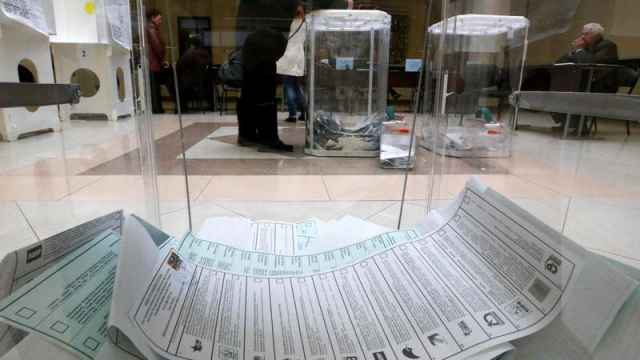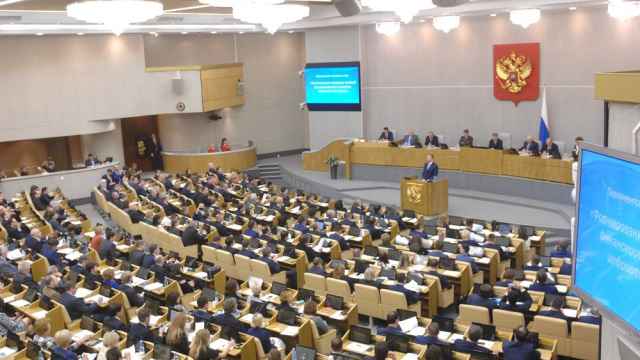Вброс: Ballot-stuffing
It’s probably not a good sign that the sole electoral excitement in Russia’s parliamentary elections was guessing where the next hidden camera evidence of voter fraud was going to come from. Will the Caucasus win the 2016 Vote Rigging Tournament, or will the winner be one of the regions of the Far East?
Even though the results were no surprise, there is no shortage of election commentary — although most of it is an attempt to avoid concluding that it was the most depressing election in Russian history. If you’re struggling with the texts, here’s a handy little primer.
Одномандатник: deputy for single-seat district. The big legislative innovation this year was returning to the old system of dividing the voting between партийные списки (party lists) and одномандатные округи (single-seat districts). So you could vote for your favorite party and for a winner-takes-all candidate in a district. How’d that go for the liberals? Not so good: Одномандатники, поддержанные либеральными партиями, не смогли получить в Госдуме ни одного места (Single-seat district candidates supported by the liberal parties didn’t win even one place in the State Duma.)
Вброс: ballot stuffing. One of the reasons for the poor showing might have been the ballot stuffing done by the women running the polling places who were caught on camera cramming dozens of ballots into the boxes with shouts of Девочки! Помогите, япона мама! (Come on, girls, give me a hand, for cripe’s sake.)
Открепительный: short for absentee ballot. Officially called бюллетень по открепительному удостоверению (ballot for voting with an absentee certificate), it is also called the greatest windfall for voter fraud since flip-top ballot boxes. They say: В Москве по открепительным удостоверениям проголосовали менее 1% от тех, кто пришел на участки (In Moscow, less than 1 percent of voters used absentee ballots.) But some folks aren’t so sure.
Подвоз: delivery service. Folks aren’t sure because of the busloads of voters brought to polling places. This is suspicious because a) they are almost all young men who look just like Central Asian migrant workers; b) young men can usually walk the few blocks to their local polling place; and c) they all vote по открепительным (by absentee ballots), often made out to 75-year-old men with the last name of Petrov. Just sayin.’
Круизное голосование: poll cruising. This is when you cruise around the city with a sticker or even штрих-код (barcode) on your passport, voting many times under various names. Sometimes the cruisers say a кодовая фраза (code) to the contact at the polling place, giving the whole unsavory process a Bondian air. This, sometimes with variations, is also called карусель (carousel).
Голосование на дому: voting at home. This is when you bring a ballot box to a home-bound person and help them vote. You know, show them who to vote for, in case they get confused. Officially called голосование вне помещения для голосования (voting outside the voting premises), it also called выездное голосование (field voting).
Подкуп избирателя: buying votes. All of the above is vote-buying, although sometimes it is more straight-forward: В Астрахани зафиксирована попытка подкупа избирателей колбасой и деньгами (In Astrakhan there was evidence of an attempt to buy off the voters with sausage and money.)
Безобразничать: to misbehave. What Ella Pamfilova, head of the Central Elections Committee called what some local leaders did during the entire election campaign. You got that right.
Michele A. Berdy is a Moscow-based translator and interpreter, author of “The Russian Word’s Worth” (Glas), a collection of her columns.
A Message from The Moscow Times:
Dear readers,
We are facing unprecedented challenges. Russia's Prosecutor General's Office has designated The Moscow Times as an "undesirable" organization, criminalizing our work and putting our staff at risk of prosecution. This follows our earlier unjust labeling as a "foreign agent."
These actions are direct attempts to silence independent journalism in Russia. The authorities claim our work "discredits the decisions of the Russian leadership." We see things differently: we strive to provide accurate, unbiased reporting on Russia.
We, the journalists of The Moscow Times, refuse to be silenced. But to continue our work, we need your help.
Your support, no matter how small, makes a world of difference. If you can, please support us monthly starting from just $2. It's quick to set up, and every contribution makes a significant impact.
By supporting The Moscow Times, you're defending open, independent journalism in the face of repression. Thank you for standing with us.
Remind me later.







